As you would expect from a frontman occasionally heard to sing in Scots Gaelic, Highlands-raised Robert Robertson is keen to remember his roots.
Folk-rock outfit Tide Lines’ forthcoming Town Hall Tour has personal relevance to their main vocalist and songwriter.
This month, the Glasgow-based group visit some of Scotland’s lesser visited venues, including stops in Perthshire and Fife, a means to ensure they reach all parts of the nation, Robert explains.
Falling into a trap
“Bands doing a Scottish tour can often fall into the trap of playing big gigs in Glasgow and Edinburgh and maybe Aberdeen or Dundee,” he says.
“We decided after the pandemic to take our show to more rural, local places, where normally people would travel from to see us in a city. We thought we’d reverse that.”
Robert is keenly aware of the challenges smaller venues have faced over the pandemic, along with fresher hurdles such as skyrocketing energy costs.
Indeed, the singer points out Tide Lines’ 12-date Scottish jaunt follows a similar run of nights across England funded by the National Lottery called Revive Live.
“It’s trying to support smaller-capacity venues that have suffered over the past couple of years,” he adds. “Agents, sound engineers, lighting people, they’ll all suffer if these places don’t survive and the Town Hall Tour goes hand-in-hand with that.”
Hailing from Fort William, Robert is particularly pleased the tour opens at Inverness’s Ironworks, a bittersweet destination as the live institution faces closure at the end of this year.
‘Tragic for the Highlands’
“This is absolutely tragic for the Highlands; when I was a kid it was a great venue where top bands came and up-and-coming musicians could get a shot at playing,” he says.
“Places like that are so important to the industry. It’s symptomatic of something that could start happening to a lot of venues around the country.”
Robert accepts artists with nous were in a more advantageous position during the pandemic as they could adapt to online work.
Tide Lines themselves are a brilliant example: having released their debut single Far Side of the World in 2016, by early 2020 they were set to put out their second album.
Despite self-producing and self-releasing Eye of the Storm, in March at the height of lockdown they reached an unexpected number 12 in the UK album charts.
Playing live is king
Their frontman drummed up trade with a series of nifty solo sets streamed online, though ultimately Robert puts down their unheralded success to the support of a loyal fanbase built up by relentless touring.
“We set out with the view of maybe sneaking into the Top 40, which would have been no mean feat in itself for an unsigned band,” he remembers.
“Our fans got out and spread the word, which was a huge boost.
“It’s easier nowadays to get your music out there on streaming platforms, but there’s no substitute to playing on stage, when the audience can see the whites of your eyes. If people can say they’ve seen you, it’s more of a personal thing.”
That rapport feeds back into Tide Lines’s songwriting, with an emphasis not just on how arrangements sound on record, but how they work at gigs.
“We love playing live and when we record, we always do it with a view of how it will sound live,” Robert reveals. “We put the chorus where the crowd is more likely to sing along.”
Between Springsteen and The Killers
Tide Lines, meanwhile, are going from strength to strength, as suggested by recent single Rivers In The Light, a first taster of their forthcoming album, due next year.
The four-piece have dialled down their roots influences for a more contemporary alt-rock sound, somewhere between Bruce Springsteen and The Killers rockier output, though not a huge change of direction, Robert believes.
“I don’t think we ever set out on a particular approach, but as time’s gone on, with each release the sound has developed into something more mainstream. Rivers In The Light is lyrically still about rural landscapes and still got the original essence of what Tide Lines is and always will be.”
- Tide Lines play Birnam Arts Centre, Dunkeld, September 17 and Student Association Club 601, St Andrews, October 1.
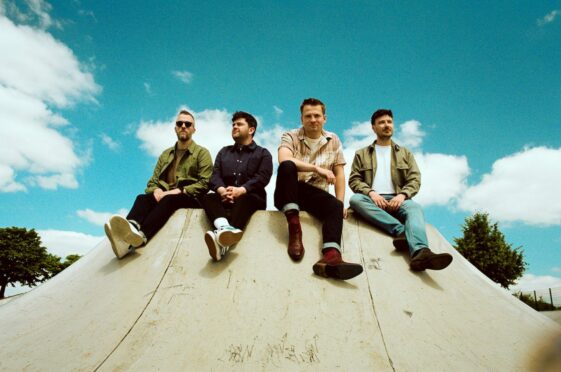

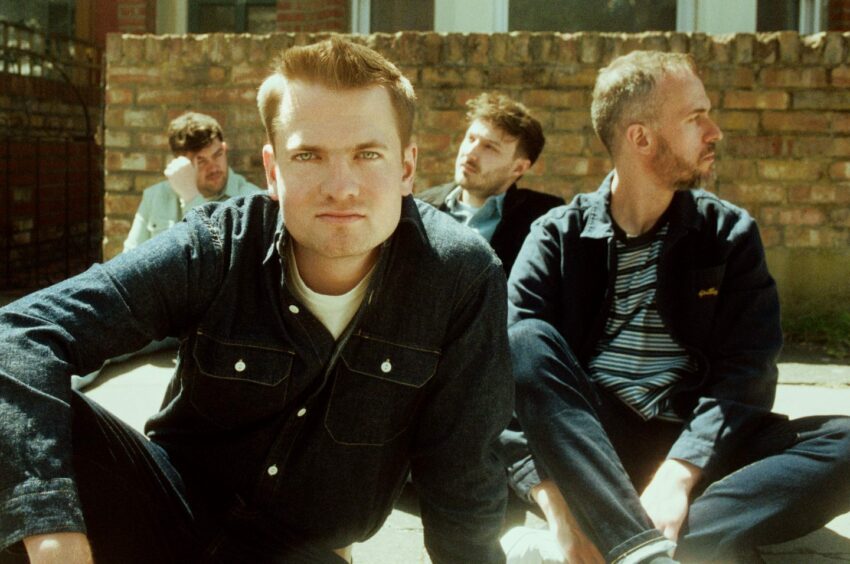
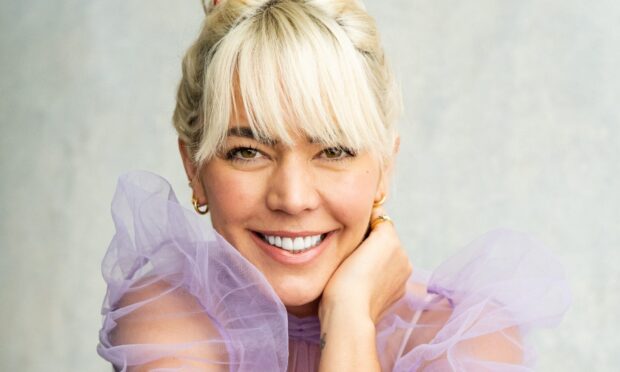
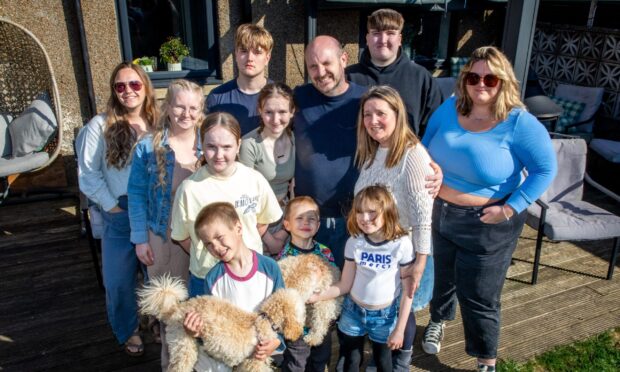
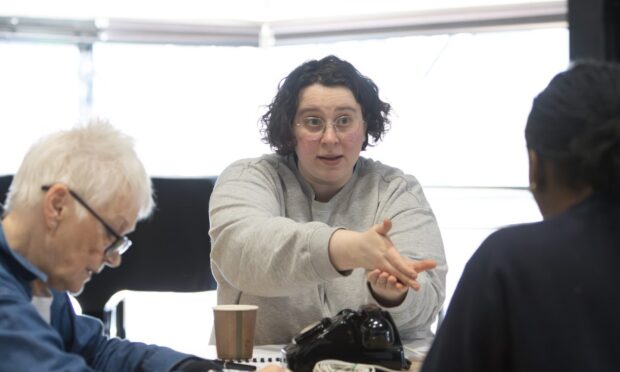
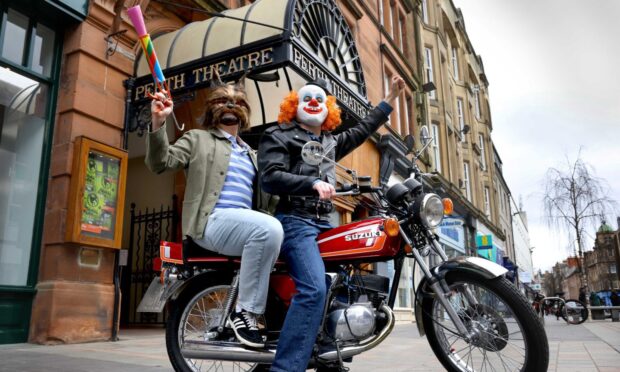
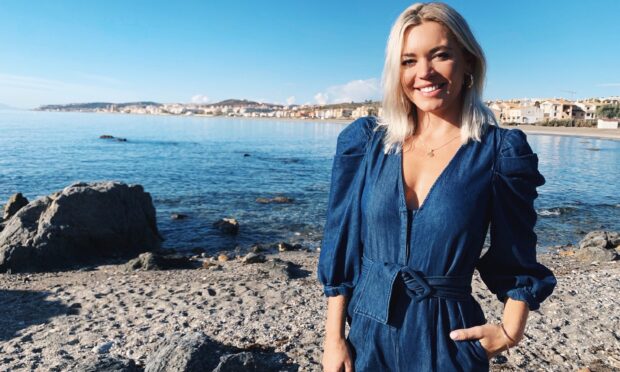
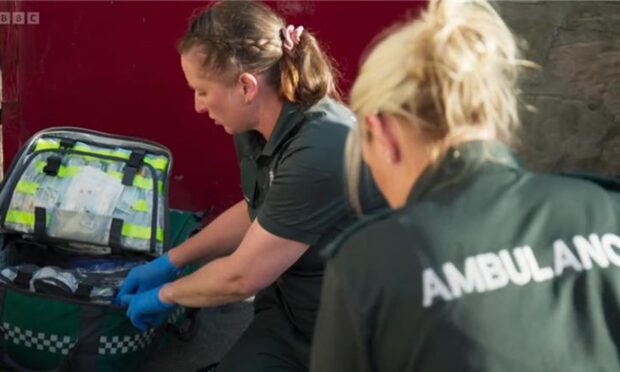
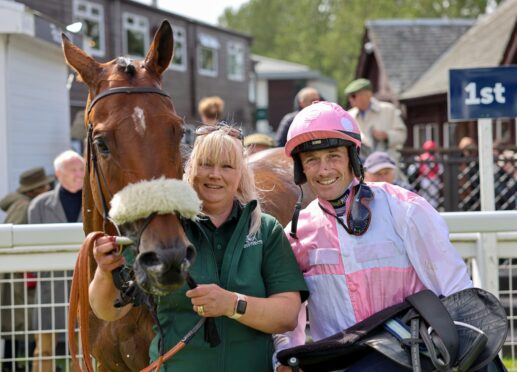
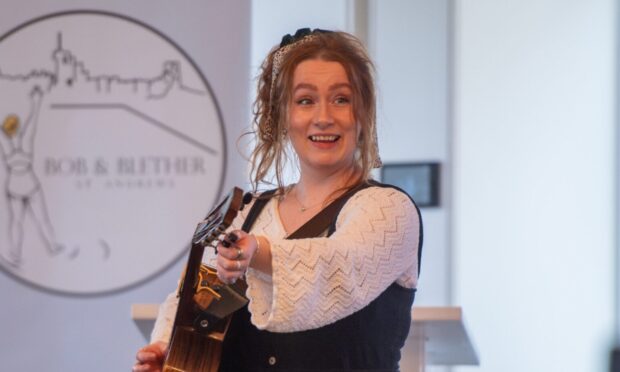
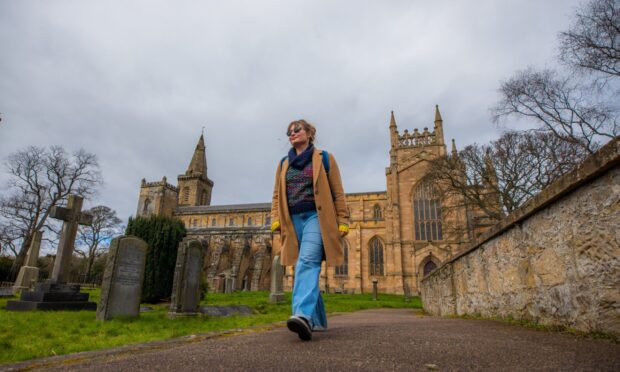

Conversation